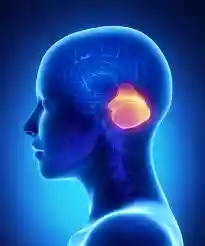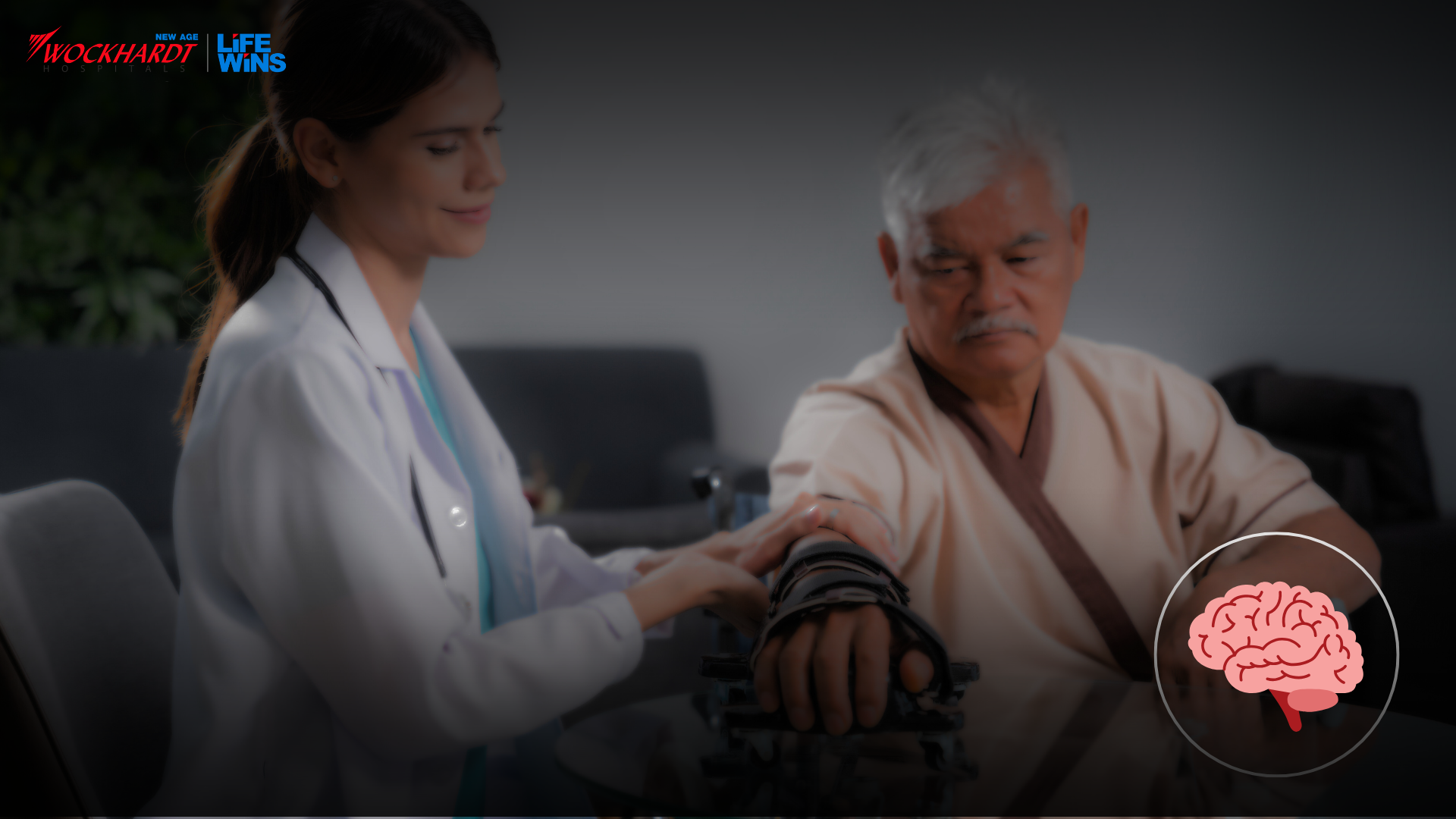Ataxia is a degenerative disease of the nervous system. It is caused by damage to the cerebellum, the part of the brain that is responsible for coordinating movement. Another name for this disease is impaired coordination.
It can affect people of all ages. Age of symptom-onset can vary widely, from childhood to late-adulthood.
Generally it is described as a symptom of incoordination which can be associated with infections, injuries, other diseases, or degenerative changes in the central nervous system. This form of ataxia is different from neurological disease.
Ataxia can also be associated with another medical condition, such as head injury, stroke, MS, alcoholism
Complications from the disease are serious and oftentimes debilitating. Some types of Ataxia can lead to an early death.
What are the symptoms of ataxia?
- Lack of coordination
- Slurred speech
- Trouble eating and swallowing
- Deterioration of fine motor skills
- Difficulty walking
- Gait abnormalities
- Eye movement abnormalities
- Tremors
- Heart problems
Individuals with Ataxia often require the use of wheelchairs, walkers, and/or scooters to aid in their mobility.
How is Ataxia Diagnosed?
It is diagnosed using a combination of strategies that may include medical history, family history, and a complete neurological evaluation.
Various blood tests may be performed to rule out other disorders. Genetic blood tests are available for some types of hereditary Ataxia.
MRI and CT scans of the brain
What are the types of ataxia?
Sporadic ataxias: This type usually begin in adulthood and have no known family history.
Hereditary ataxias: These are caused by a defect in a gene that is present from the start of a person’s life and can be either dominantly inherited or recessively inherited.
Which doctor does one consult for diagnosing ataxia?
This is a neurological condition therefore it is advised to consult a neurologist to determine the condition.
What is the Treatment for Ataxia?
The goal of this treatment is to improve the quality of life and requires an individualized approach. It is important to work closely with a neurologist to develop a plan to address symptoms.
Speech and language therapy, occupational therapy, and physical therapy are common treatment options. They are sometimes used in conjunction with medication therapy to manage symptoms such as Depression, Dizziness, Vertigo, imbalance coordination, muscle cramps, neuropathy, Stiffness, Spasticity, Rigidity, Dystonia.
If you are experiencing any of the following symptoms please consult our neurology department for further evaluation


















